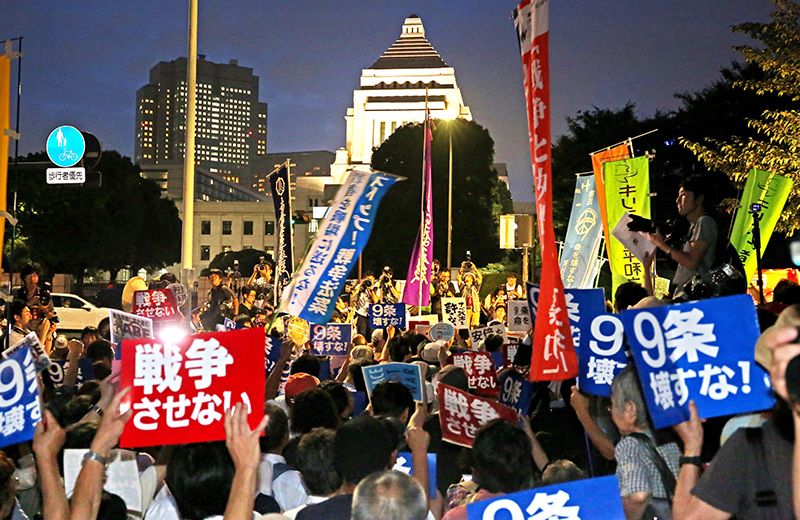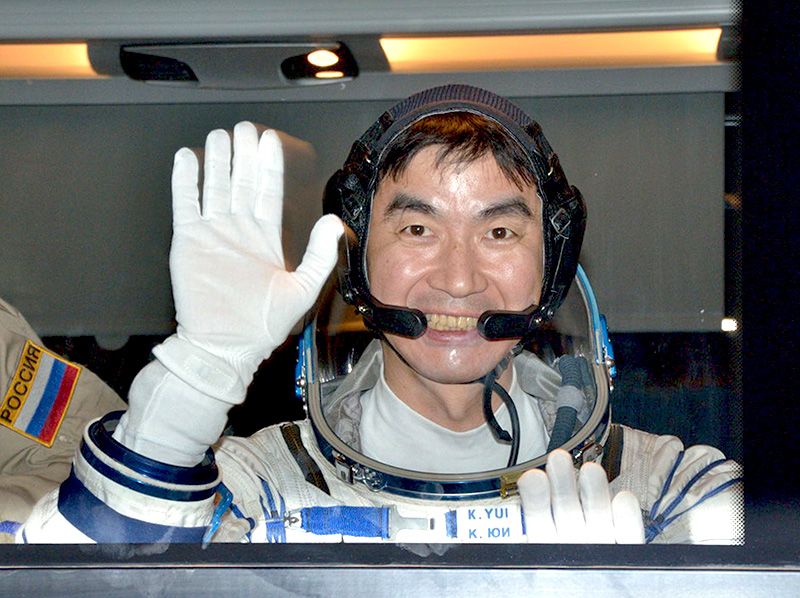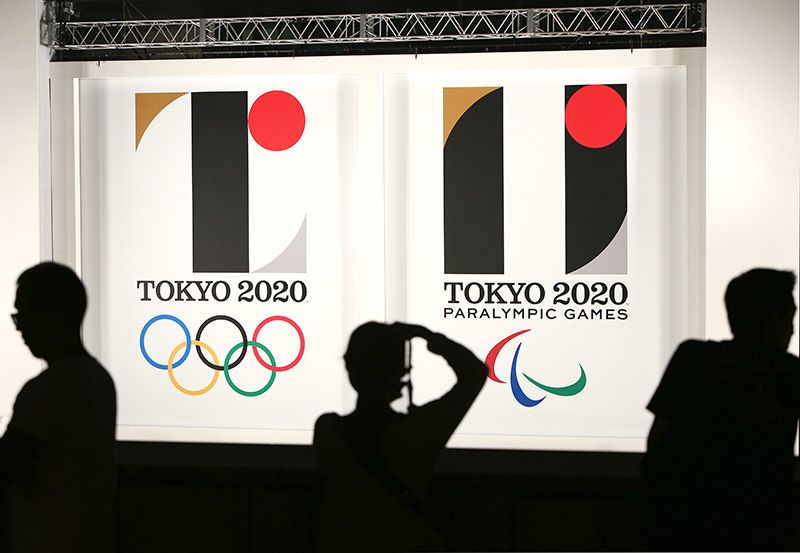Timeline for July 2015
Politics Economy Science Technology Society- English
- 日本語
- 简体字
- 繁體字
- Français
- Español
- العربية
- Русский
3
The Japanese government announces that North Korea will postpone reporting the results of its investigation into abducted Japanese citizens. The investigation began last July with North Korea’s formation of a special committee, which had promised to report findings after around one year.
5
At a meeting in Bonn, Germany, the UNESCO World Heritage Committee decides to list Sites of Japan’s Meiji Industrial Revolution as a World Heritage site. The 23 locations, spread across eight prefectures, are described by UNESCO as testifying to “what is considered to be the first successful transfer of Western industrialization to a non-Western nation.” South Korea had opposed the registration due to the use of Korean forced laborers at seven of the sites, but ultimately agreed after Japanese concessions to acknowledge the use of forced labor.
The United States defeats Japan 5–2 in the final of the Women’s World Cup in Vancouver, Canada, as Nadeshiko Japan is ultimately unable to repeat its 2011 triumph.
7
Kyoto is chosen as the world’s best city for the second consecutive year in the 2015 poll by US magazine Travel + Leisure. In 2014, a total of 1.83 million foreign tourists stayed in the city.
11
Iwata Satoru, president of Nintendo, dies of bile duct cancer at the age of 55. After joining Nintendo in 2000, he was appointed president in 2002 and oversaw the launch of hit products including the handheld Nintendo DS and the family-friendly Wii console.
16
With the backing of the Liberal Democratic Party and Kōmeitō, the House of Representatives approves security legislation that would allow Japan to exercise the right of collective self-defense. Even if the bill is not approved by the House of Councillors, the LDP can pass the legislation in mid-September after it has languished in the upper house for 60 days, meaning it is likely the bill will pass during the current Diet session, scheduled to end on September 27. Thousands demonstrate outside the Diet and Prime Minister Abe Shinzō’s approval ratings fall significantly following the unpopular move.
 Demonstrators protests against security legislation outside the Diet in Nagatachō, Tokyo, on July 16, 2015. (© Jiji)
Demonstrators protests against security legislation outside the Diet in Nagatachō, Tokyo, on July 16, 2015. (© Jiji)
The 153rd Akutagawa Prize is jointly awarded to Hada Keisuke for “Sukurappu ando birudo” (Scrap and Build) and Matayoshi Naoki for Hibana (Spark). Higashiyama Akira wins the Naoki Prize for Ryū (Drift). Matayoshi’s popularity as a comedian contributes to sales of 1.44 million for Spark.
17
Prime Minister Abe announces that plans for the new National Stadium, scheduled to be the venue for the 2020 Summer Olympic and Paralympic Games, will be scrapped, saying “We have decided to go back to the drawing board and start again from zero.” Projected total construction costs had spiraled to ¥252 billion, almost twice the original estimate.
The Japanese government officially adopts a target of reducing greenhouse gas emissions by 26% from the 2013 level by 2030 and submits it to the secretariat of the United Nations Framework Convention on Climate Change.
19
Mitsubishi Materials apologizes for using US prisoners of war as forced labor during World War II at a Los Angeles ceremony attended by some 30 former prisoners of war and family members. Although the Japanese government has previously apologized for the use of forced labor, this is the first such public statement by a major Japanese corporation.
20
An independent committee publishes its report into inappropriate accounting practices at Toshiba, concluding that senior managers were involved in inflating earnings by ¥156.2 billion from April 2008 to December 2014. On July 21, President Tanaka Hisao, Vice-Chairman Sasaki Norio, and Senior Advisor Nishida Atsutoshi submit their resignations. Sasaki and Nishida were both former presidents of the company.
22
The Japanese government releases photographs of 12 offshore structures built by China for development of gas fields in the East China Sea, close to the median line between the two countries. Chief Cabinet Secretary Suga Yoshihide calls for an end to development, telling a press conference, “China’s unilateral development of resources is highly regrettable.”
23
Yui Kimiya from Japan is one of three astronauts on a Soyuz spacecraft that takes off from Baikonur Cosmodrome in Kazakhstan, docking at the International Space Station six hours later. Yui will remain in space for a total of five months, where he will conduct experiments in Japan’s Kibō module.
 Astronaut Yui Kimiya waves to his family from the bus to the Soyuz launch pad at Baikonur Cosmodrome in Kazakhstan in the early morning of July 23, 2015. (© Jiji)
Astronaut Yui Kimiya waves to his family from the bus to the Soyuz launch pad at Baikonur Cosmodrome in Kazakhstan in the early morning of July 23, 2015. (© Jiji)
Nikkei announces its acquisition of the Financial Times Group from Pearson for £844 million (around ¥160 billion) in the largest ever purchase of a foreign corporation by a Japanese media firm.
24
The organizing committee for the 2020 Summer Olympic and Paralympic Games unveils the official logos, designed by Sano Kenjirō. Based on the five colors black, white, red, gold, and silver, the Olympic logo is a “T” to represent Tokyo, while the Paralympic logo is inspired by the equal sign. Designer Olivier Debie later criticizes the close similarity of the Olympic logo to his own logo for the Théâtre de Liège in Belgium.
 Official logos for the 2020 Summer Olympic and Paralympic Games unveiled in Tokyo on July 24, 2015. (© Jiji)
Official logos for the 2020 Summer Olympic and Paralympic Games unveiled in Tokyo on July 24, 2015. (© Jiji)
26
A light plane crashes shortly after takeoff in a residential area of Chōfu, western Tokyo, just 800 meters from the southern end of the Chōfu Airport runway. Two men on board the plane and a local female resident are killed.
28
The House of Representatives passes an amendment to the Public Offices Election Act, reducing the problem of vote disparity in the House of Councillors. The “plus 10, minus 10” reform cuts vote disparity to 2.97 by adding two seats each to five prefectures, removing two each from three more, and merging four prefectures with two seats each into two districts with two each. This is the first time prefectural constituencies have been merged.
30
The Tokyo High Court upholds a lower court ban on late-night and early-morning flights by Self-Defense Forces aircraft at the Atsugi air base in Kanagawa Prefecture in a noise pollution case brought by local residents.
Meiji era World Heritage Nintendo Kyoto Nadeshiko Japan Soccer collective self-defense Toshiba Tokyo Olympics Industrial Revolution Iwata Satoru Yui Kimiya Financial Times